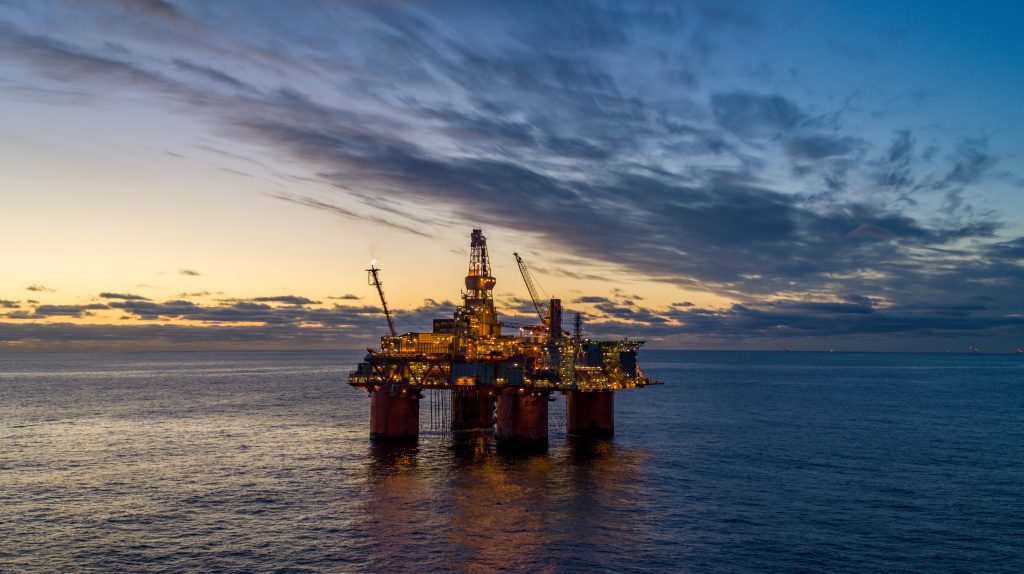As the oil and gas industry advances with complex operations and technologies, managing the inherent risks associated with loss of stability has become a critical priority. Loss of stability events, such as structural failures, and equipment collapse can lead to catastrophic consequences, including environmental disasters, financial losses, and threats to human life. One of the most effective ways to visualise and manage these risks is through a bowtie diagram. A bowtie diagram can easily be made using tools such as Presight OpenRisk.
What Is a Bowtie Diagram?
A bowtie diagram provides a clear and comprehensive visualisation of the risk management process. It focuses on the central event where control is lost—known as the top event—and the preventive and mitigating barriers that are in place to control or reduce the impact of the event. In the context of the oil and gas industry, the top event could be a loss of stability in offshore platforms or drilling rigs.
Click here to go to bow tie on Loss of Stability during a rig move: Loss of stability during rig move Bowtie – OpenRisk
Key Threats and Preventive Barriers
To prevent loss of stability incidents in events such as threats such as extreme weather conditions several preventive barriers can be implemented:
- Rig design in accordance with class requirements
- Weather forecast assessment 4 times a day
- Weight contingency allowed for possible environmental loads (snow and ice) when operating in harsh environments
- Regulatory Compliance Audits: Regularly reviewing compliance with industry regulations and standards to ensure all preventive measures are up to date
When mitigating a possible consequence such as loss of rig, mitigating barriers can be:
- Rig design with reserve buoyancy allowing flooding of two watertight compartment without exceeding critical heel angle
- Emergency response Procedures
- Evacuation protocols
Mitigating the Impact of Stability Loss
If the event occurs, mitigating barriers are crucial to minimise damage and risk:
- Emergency Shutdown Systems: Automated systems that can quickly halt operations to prevent escalation.

Picture showing bowtie on loss of stability during a rig move. Click here to look at the bowtie in Presight OpenRisk: Loss of Stability
The Importance of a Comprehensive Risk Management Approach
Loss of stability is a significant risk in the oil and gas industry, with the potential for severe consequences. A Bowtie Diagram has many strengths including offering a clear visual framework for identifying potential threats, implementing preventive measures, and establishing response protocols to mitigate incidents. Especially when supported by intuitive digital tools such as OpenRisk, bowtie models can be created, maintained, and communicated more efficiently across teams. Making risk management not only more transparent, but also more actionable in day-to-day operations.
For more control over your Barrier Management strategy, you can implement Presight Barrier Management allowing you to ensure compliance, and a proactive approach. With Presight Barrier Management, you can monitor the health of your barriers, as part of your process safety management strategy to get a holistic overview of your human factors as well as your technical elements. With Presight Barrier Management you can confidently demonstrate that your assets are safe and that you know it.


